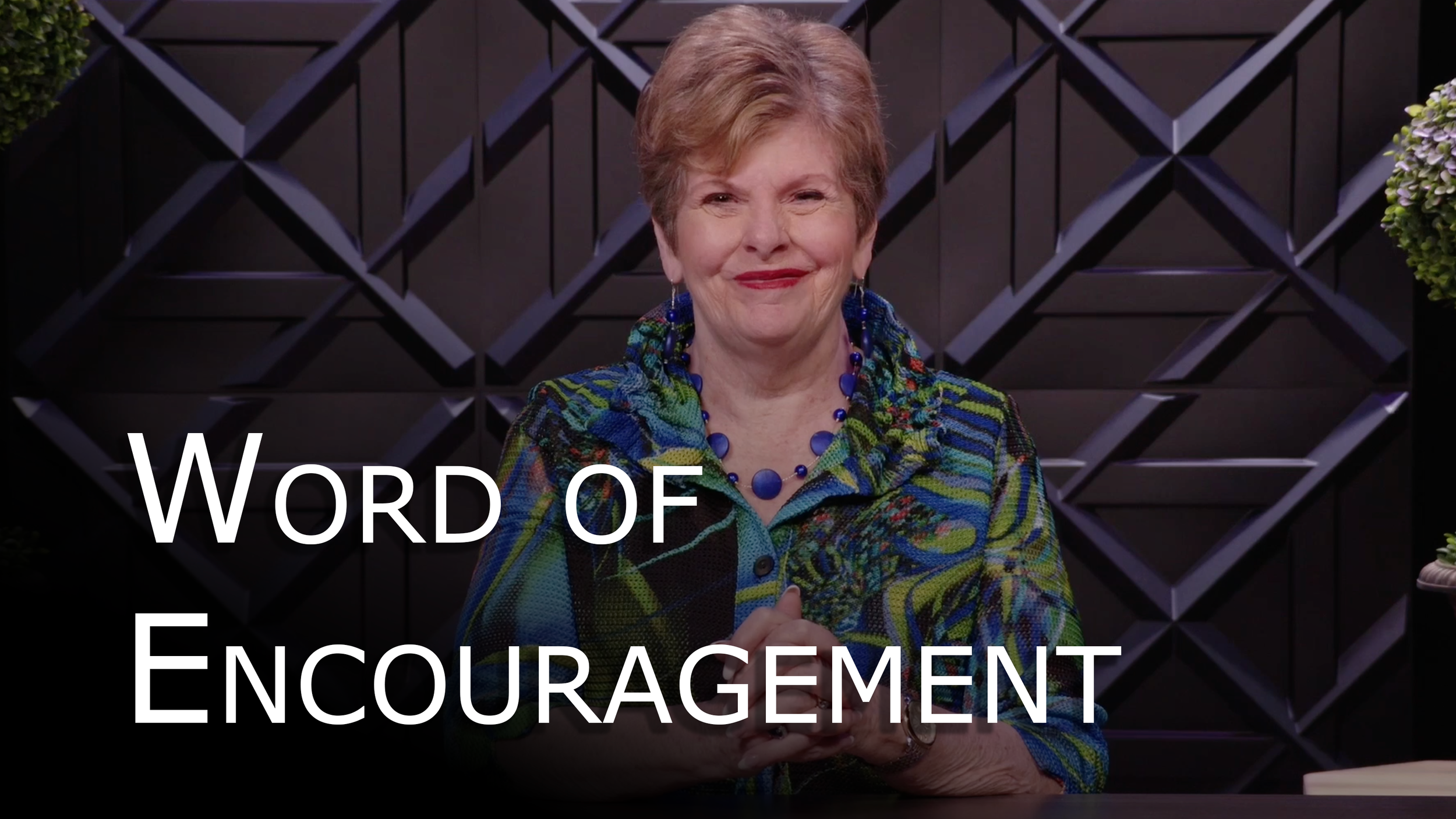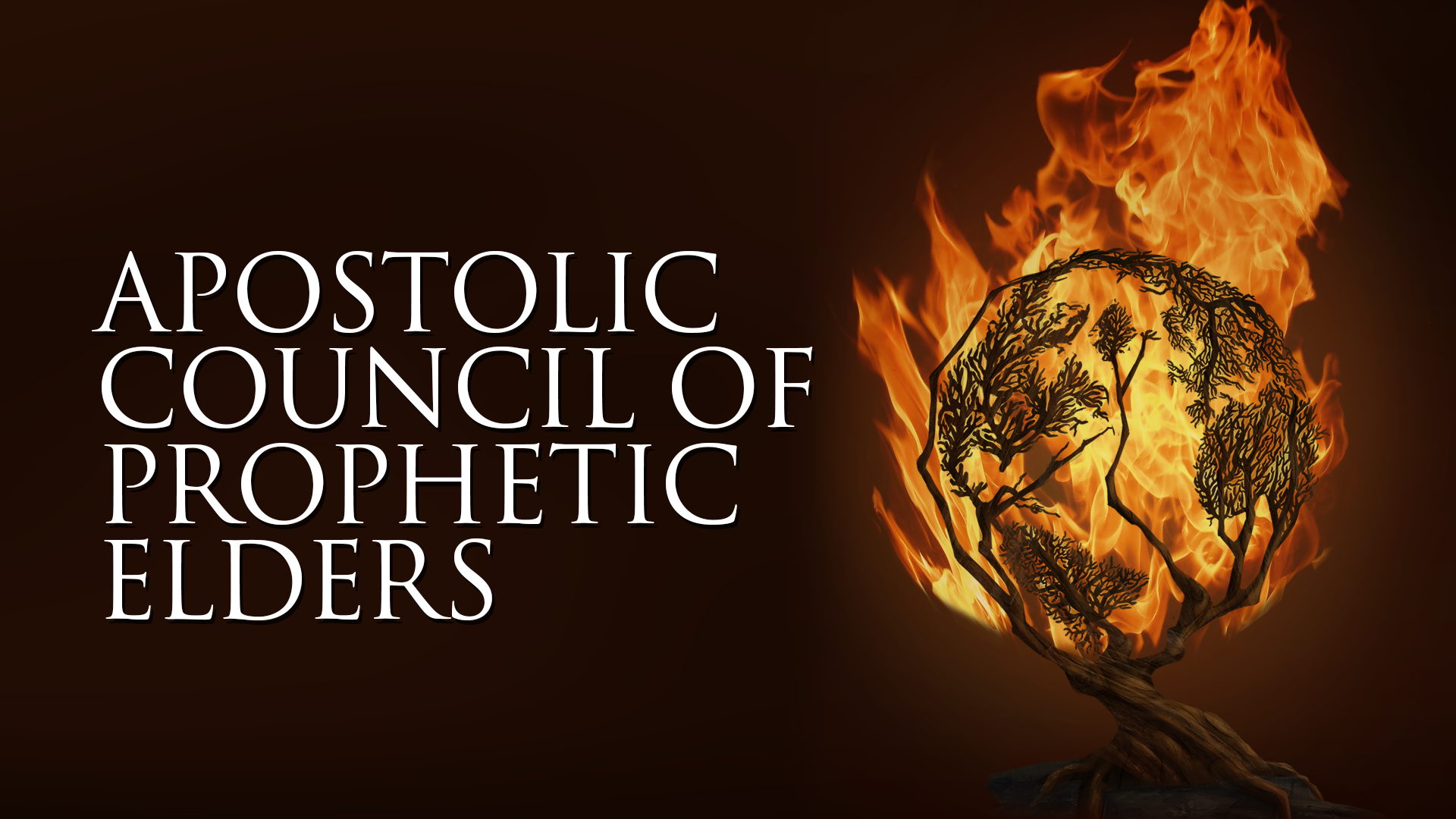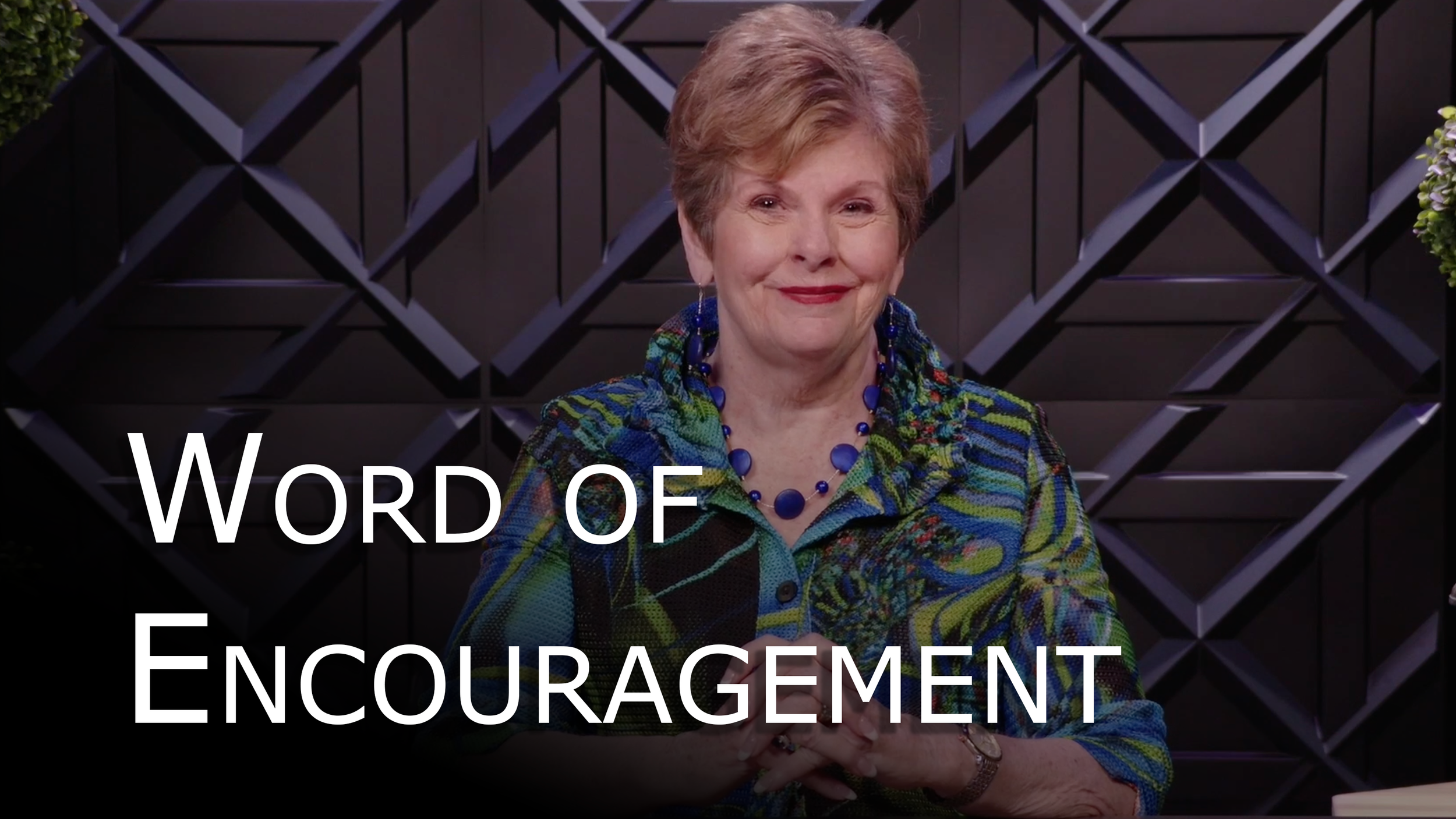
Reconciliation matters to God in such a profound way, more than our hearts and minds are even fully able to grasp. It is the common thread throughout Scripture, the overarching theme of the gospel—God wants His children to be reconciled to His heart. And as that process takes place, we will also be reconciled to each other.
While there are a number of ways the word “reconcile” can be used in our language, as it relates to this discussion, it is defined as “to bring into agreement or harmony; to make compatible or consistent.” In other words, where something is broken, conflicted, or dysfunctional, God wants to make it right. He wants to restore harmony, unity, wholeness and purpose.
Perhaps that sounds more like a lofty, super-spiritual ideal as opposed to something that can be practically achieved. But if God is committed to the reconciliation of all things (see Col. 1:20), shouldn’t we be also? As Bill Johnson often says, we want Jesus to get everything He paid for on the cross.
Jesus removed the biggest obstacle to reconciliation by defeating sin and death on the cross, but as we know, we haven’t seen the fullness of that played out on the earth just yet. Relationships are broken, systems are broken, even the body of Christ is deeply divided. I believe that, as each of us individually begins learning how to practice reconciliation on a daily basis, the results will be exponential, and we will see things on both small and large scales become compatible and consistent with how God desires them to function.
As I have been asking God what it would look like to walk in reconciliation, He highlighted this passage to me:
Since you are all set apart by God, made holy and dearly loved, clothe yourselves with a holy way of life: compassion, kindness, humility, gentleness, and patience. Put up with one another. Forgive. Pardon any offenses against one another, as the Lord has pardoned you, because you should act in kind. But above all these things, put on love! Love is the perfect tie to bind these together. Let your hearts fall under the rule of the Anointed’s peace (the peace you were called to as one body), and be thankful. (Colossians 3:12-15; The Voice)
There are a lot of rich truths in these verses, but I want to look at a few spiritual principles that have significant practical implications for us in our ordinary lives. As we take these steps, we will see relationships and other things brought into agreement and harmony, consistency and compatibility with God’s heart.
1. Embrace a holy way of life—and reconsider what this really looks like.
Even though most people would probably say that holiness goes deeper than morality, the metric used to measure holiness often has to do with not sinning and doing the right thing. Obviously, not sinning is a good idea! But as always, God is first and foremost concerned with the heart. Look at the things that are considered characteristics of a holy life here: compassion, kindness, humility, gentleness, and patience. Since most, if not all, sins are rooted in selfishness or pride, when these other things are cultivated in our hearts, it will go a long way toward affecting how much we do—or don’t—sin because our choices will be influenced by something more consistent with God’s heart.
But to take it even further, all of these elements directly impact how we interact with other people and what kind of relationships we have. Think of some of the major issues in our world, like racism, poverty or misogyny—issues that unfortunately even manifest themselves in the Church. But if we allow the Holy Spirit to transform us into people who walk in compassion, kindness, and humility, we will begin to see these negative issues uprooted from our own hearts, which in turn will have a ripple effect on the systems and structures we’re part of building.
Ask the Lord to show you your own heart. Are you someone marked by gentleness and patience? Do you find yourself compassionate toward others or cynical? Can you listen to others with kindness and humility, or do you dismiss them if their experience is not the same as yours? We have to be willing to face these hard questions in ourselves if we want to be messengers of reconciliation.
2. Put up with one another. Forgive. Pardon offense.
I confess, the less-than-eloquent phrase “put up with one another” makes me squirm a bit with its bluntness. I want to protest. Why should I put up with someone who I don’t like or who frustrates me or irritates me? And if that’s not enough, we also need to forgive and pardon offense! This is the hard part of reconciliation.
A few months ago, I attended a conference where author and speaker Maria Durso preached one of the most convicting messages I’ve ever heard about dealing with offense in our hearts. She referenced the passage in Matthew 5:23-25, where Jesus says that if you are bringing your gift to the altar and remember that your brother has something against you, you are to leave your gift and go make things right with him. And then she made this statement: “Reconciliation is more important than worship.”
Sometimes we think as long as we’re worshipping, that’s all we need to indicate that God is first in our lives. But all the worship in the world will not make up for a lack of unity and an unwillingness to pursue right relationships with people. We cannot hope for reconciliation in our cultures at large if we are not willing to pursue it within our own families, churches, and communities.
Who might God be asking you to take steps to reconcile with? And remember, we can’t control someone else’s response, but we can do our part to obey God in this matter and leave the rest in His hands.
3. Put on love.
We know this, but we can always use the reminder—love covers a multitude of sins. Love is powerful and redemptive. As Paul reminds us in 1 Corinthians 13, love never fails.
But if we want to be people who walk in reconciliation, we need to ask God to make our hearts bigger. Who can you love that might seem unlovable right now? Who can you love that other people are reluctant to love?
Can you make the circle of your life bigger? Can you pursue relationships—not shallow, token acquaintances but deep, meaningful relationships—with people who are different from you? That is where the real work of reconciliation takes place. Things like race, denomination, age, or social status should not be enough to keep us from sharing life with people because love is not limited.
The language here is again very poignant—put on love. It is a choice we make, and as we choose, our hearts are changed.
4. Let your hearts be ruled by peace.
Reconciliation is ultimately about peace—shalom, which more accurately also implies wholeness and prosperity. God’s desire is for His people to be whole and to prosper. I think we’ve limited our connotation of the word “prosper” to be associated with wealth, but in reality, it means “to flourish and thrive.”
What an amazing thing we could partner with God to do—to help people be whole and flourishing! What if we viewed the world through this lens? What if our decisions were not made only to secure our own well-being, but also the well-being of others?
If your spirit is in turmoil, God wants to establish His peace to rule in you. As He works reconciliation out in your personal life, you will be an ambassador of His peace wherever He places you and gives you influence.
You are invited to partner with God in the redemptive work of reconciliation. I encourage you to take some time to really seek Him about what steps He might want you to take. Begin to filter the things you see and read through the lens of these questions: how can God work in this to bring agreement or harmony, to make it more consistent with His kingdom? And how might He want to use me to be part of making that a reality?
This is my prayer for you as you pursue a life of reconciliation:
Father, may they clearly know Your will and achieve the height and depth of spiritual wisdom and understanding. May their lives be a credit to you, Lord; and what’s more, may they continue to delight You by doing every good work and growing in the true knowledge that comes from being close to You. (Col. 1: 9, 10)
Recent Posts








